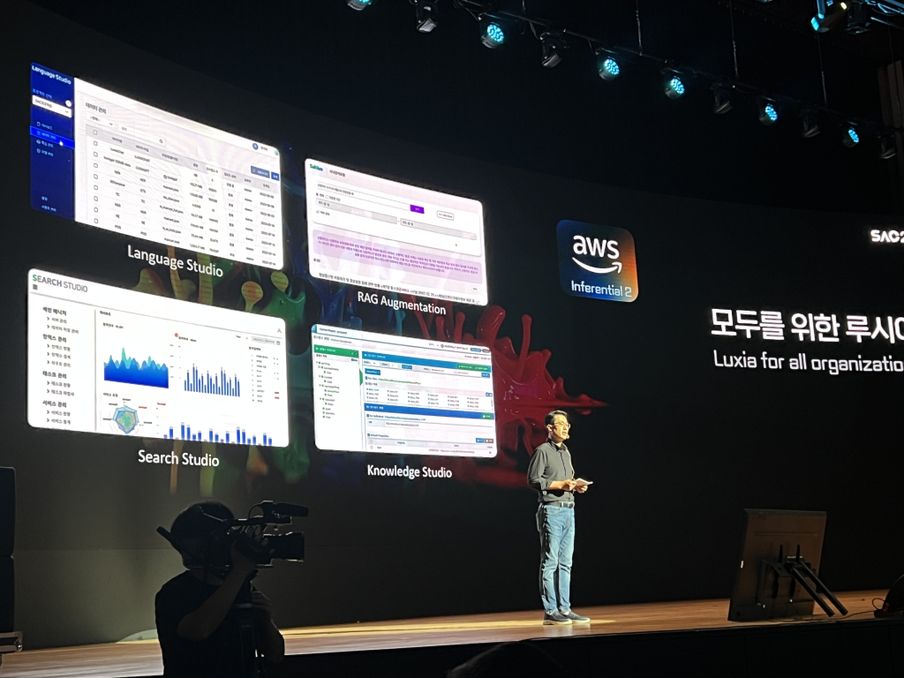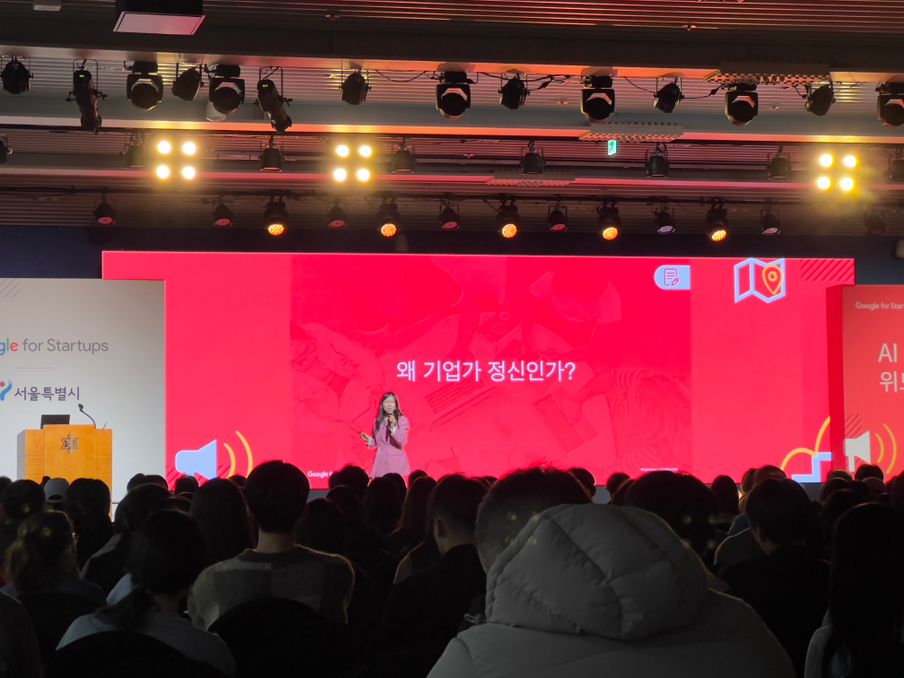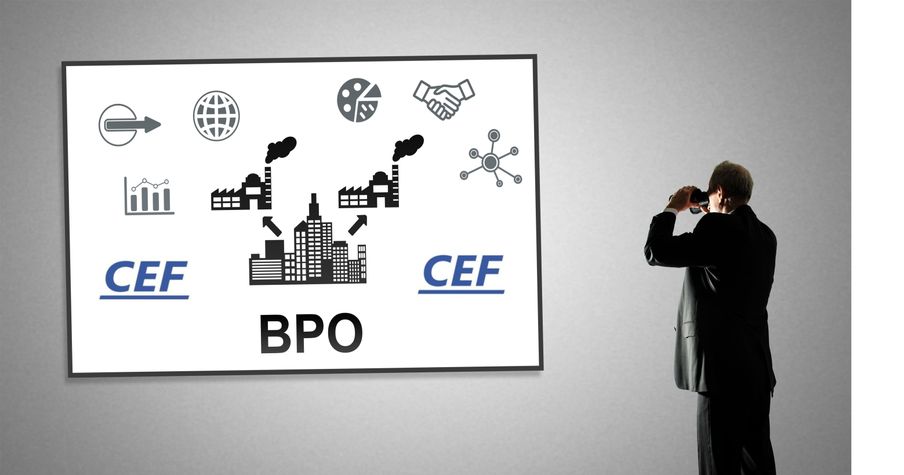'Luxia, a reponse to hallucination-laden AI models'

Saltlux claims its AI model offers more intelligent and accurate AI services than other global competitors, including ChatGPT.
Saltlux, an artificial intelligence developer in South Korea, announced on Sept 7 that it would launch its own generative AI service, Luxia, next month. The chatbot service, powered by AWS’s cloud computing, will provide more accurate and up-to-date information to its users than most of the existing large language models (LLMs), according to the firm.
Saltlux said it has made significant improvements in addressing hallucination issues. Hallucination, a term that depicts false results generated by AI services, has been a persistent problem undermining the credibility of ChatGPT-like services.

“If you ask ChatGPT about Samsung Electronics’ revenue last year, you cannot get the right results due to certain restrictions,” said Saltlux CEO Kyungil Lee during a press conference held in Seoul, adding, “Offering up-to-date knowledge and trustworthy results will be critical to the success of LLM services.”
He claimed Luxia has reduced the hallucination effect by 43%, compared to GPT-4, based on its own research. The company has developed its transformation solution, a profound technology for many GPT-like AI services, and trained it to improve accurate results meeting user needs. Luxia learned data equivalent to 4.2 million books to reduce hallucination. The AI model was trained with Korean data that Saltlux has obtained through projects for governments and state-run organizations. With these improved capabilities, the company said it can provide search results of the same quality as those obtained from experts.
Despite these improved capabilities, the operating cost of the AI model has dropped by more than half compared to other AI models, such as Naver’s HyperCLOVA X released last month. Generating a result for each command is known to cost 100 Korean won ($0.075) in terms of Hyperclova X. Jai-eun Kim, the head of AI Lab at Saltlux, said the cost will be at least 50% cheaper with Luxia than its competitor. The Saltlux CEO expressed confidence that the cost could be lowered to as little as 10 to 20 Korean won ($0.0075 to $0.015) through further optimization via the firm’s affiliates.
Luxia is available as an on-premise product as well as an online service. The on-premise product will target local companies, while the cloud services will be designed to serve global customers. Big tech companies or automotive firms, such as Samsung, LG Electronics, or Hyundai Motor Group, avoid using open AI platforms deemed to have a risk of critical business data being leaked to the public. Therefore, many businesses prefer using AI models available only to executives and employees.
With Luxia, HR personnel, for example, can quickly create posts for job descriptions and the necessary documents required for job applicants. Utilizing AWS cloud services, Saltlux will also offer different variants of Luxia for law, finance, and patent services, as Lee explained. Both Ploonet and Goover are subsidiaries of the Korean AI firm, and non-corporate consumers can utilize Ploonet’s AI assistant and Goover’s AI search platform.
The Goover platform specializes in learning specific topics, keywords, and documents based on users' interests. It functions as a personal knowledge advisor, collecting and organizing customized, in-depth information from the internet in real time and presenting it in a chat format. Goover is scheduled to launch its open beta later this year, followed by an official release in April next year.
The Ploonet Workcenter platform is designed to empower companies to tailor their AI employees to specific needs. These AI workers can respond to a wide range of incoming inquiries through text, chat, or phone, operating around the clock. Furthermore, they are capable of carrying out outbound marketing activities.







